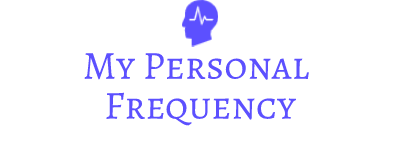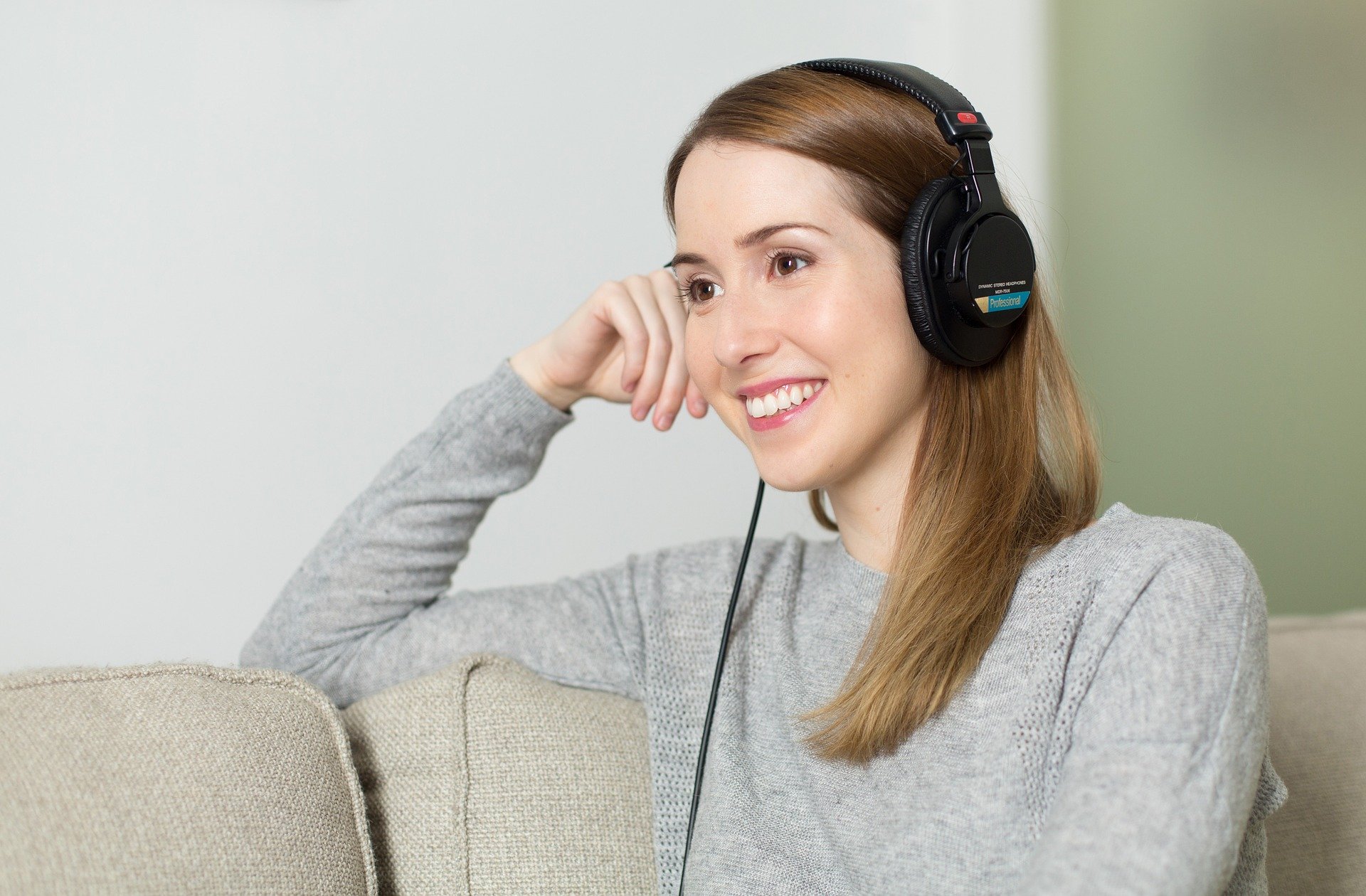
Just A Little “Mindful Minutes” Can Help Improve Your Life
“The past is gone; the future is not yet here."
A pretty simple concept, yet, we oftentimes find ourselves regurgitating things that have already happened or worrying about things that haven’t.
Of course, it’s normal (and even helpful) to think about these things.
But spending too much time and energy mulling over the past and future distracts us from the things we can actually control...
When I was in my teenage years, I will always spend time thinking about unnecessary things that are either unproductive or harmful to my well-being.
But after coming to realize that I'll never be able to go back and change what happened yesterday or a few years ago…
I began shifting my focus to the present and incorporating mindfulness in my everyday life.
Mindfulness.
You may have heard of this before. It’s a pretty hot buzzword in the alternative health universe…
Today, I’m going to explain why this practice is so beneficial to your whole-body health, and how you can work it into your day-to-day routine.
Mindfulness benefits your body
The benefits mindfulness offers your body and brain are incredible.
For instance, it's proven to protect your brain.
In a 2016 study, Alzheimer’s patients underwent either mindfulness meditation, cognitive stimulation therapy, relaxation training, or no treatment at all.
After undergoing a series of cognitive tests, researchers found that those in the mindfulness meditation group demonstrated more significant improvement in their scores than any other group.
Mindfulness has also been shown to reduce stress, blood pressure, and risk of heart disease.
Being “in the moment” also benefits your mind
Practicing mindfulness offers a vault of psychological benefits. According to study, researchers found that this practice helped lower stress, anxiety, depression, and pain in individuals.
Mindfulness has even been linked to helping those in drug or alcohol recovery, as well as those who suffer from overeating. It’s been shown to help been awareness to physiological cravings—thus helping people better understand and tolerate their cravings, increasing the likelihood of avoiding relapse.
Incorporating “mindful minutes” into your life
As you can see, you can enjoy an array of substantial health benefits, just by training your mind to focus on where you are and what you’re doing right now.
If you’d like to try practicing mindfulness, here’s one of my favorite short exercises to help you get started:
This exercise typically takes about 10 to 15 minutes, but feel free to do it for more or less time—whatever works (and feels) the best for you.
- Find a quiet, peaceful place where you can be still comfortably.
- Breathing exercises - Start breathing slowly, in through your nose and out through your mouth. Let your mind go quiet.
- Now, direct your awareness to everything that you’re currently experiencing using your 4 senses…
— Sense of sight. Look carefully at your surroundings. Note the exquisite detail in each thing and every thing. Try to see the beauty in life and things that surround you.
— Next, focus on your sense of hearing. Listen closely to all of the sounds around you. Try to focus on each individual sound for a few seconds. Then shift to listening to everything as a whole—as if it were a big symphony.
— Third, focus on your sense of smell. Can you name some odors in your mind?
— Last, move on to your sense of touch. What can you physically feel? If you are sitting in your backyard, ask yourself, "Are there rays of sunshine warming your skin?" or if you are at the beach, perhaps a light wind may be caressing your cheek?
Afterwards, focus on how you feel internally and breath in slowly and deeply. - Now take a few minutes to just sit or lie down in silence. Check in with yourself.
Do you feel more relaxed? Do you feel more focused on the present moment?



